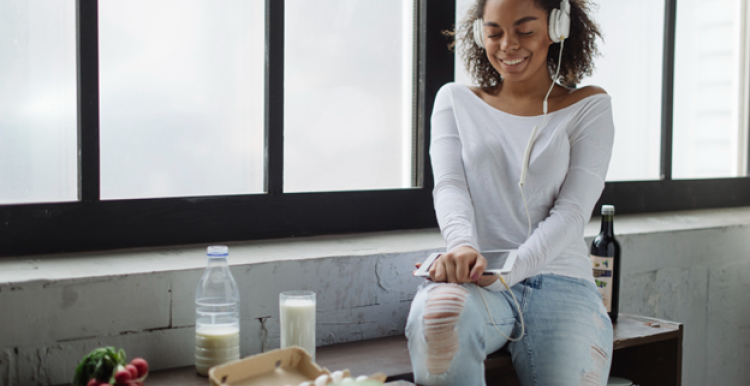Feel Your Best Every Day: Simple Ways to Boost Your Well-Being

Start the Day With Rhythm, Not Rush
How you begin your day shapes everything that follows. Before screens, before emails, before decision overload—take a moment to breathe and claim your pace. That might mean getting up ten minutes earlier to move your body gently or write down your top three priorities. A routine isn’t about rigidity. It’s about stability. By choosing a few consistent rituals each morning—drinking water, getting sunlight, stretching—you set the tone with a steady morning rhythm that grounds your day and reduces mental noise. This simple reset helps your nervous system feel safe, which in turn makes you more resilient to stress.
Rethink the Work That Shapes You
If your current job leaves you drained or uninspired, it might be time to reconsider what you’re building your days around. A sense of purpose isn’t a luxury—it’s a key component of long-term emotional well-being. Many people are making the switch to healthcare because it allows them to make a real, lasting difference in the lives of individuals and families. Flexible online healthcare degrees now make it possible to pursue that shift without giving up income or neglecting responsibilities at home. The right work doesn’t just fill your calendar—it restores your energy and helps you feel part of something meaningful.
Let Movement Lift Your Mood
You don’t need a gym membership or a fancy tracker. You need motion. Walk to the shops. Dance while you make dinner. Do squats while the kettle boils. Movement releases endorphins, reduces tension, and improves focus. It’s one of the most proven ways to enhance mental health, especially when you’re stuck in a cycle of stress or low energy. A growing number of people are realising how consistent physical activity can build mood through daily movement, helping them regulate emotions, sleep better, and feel more in control of their day. Don’t overthink it—just start.
Pause to Notice What’s Already Good
It’s not about forcing positivity. It’s about making room to feel what’s already present. That warm drink. The quiet hum of a morning. A smile from someone you love. This is where mindful attention comes in—noticing, not rushing past, the things that are worth feeling. Researchers call it “savoring,” and it’s been shown to help people feel happier and more grounded, even during hard times. Just taking five minutes to immerse in mindful appreciation can reframe how you experience your day. You start seeing more of what helps you feel human and less of what drains you.
Breathe Like It Matters—Because It Does
You don’t need a spa or a meditation cushion to relax. You’ve got your breath—and it’s free, always with you, and far more powerful than most people realise. When you’re tense or overwhelmed, your breathing becomes shallow and erratic, which keeps your nervous system in fight-or-flight. But when you breathe slowly and deeply, especially through the nose and into the belly, your body gets a cue that you’re safe. There are simple tools you can use to quiet stress with breathing tools right now—no training required. Just a few minutes can reset your entire state.
Let Connection Be the Medicine
It’s easy to underestimate how much we need one another. But loneliness, even in short bursts, can take a toll on physical and emotional health. You don’t need a huge circle. Just one or two people you can be real with. Whether it’s sharing a meal, sending a message, or just being around others in a low-pressure way, relationships give our lives meaning. They regulate our nervous systems, help us process emotion, and remind us we belong. Studies continue to show that when people nurture health through human bonds, their resilience grows and their well-being deepens.
Respect Rest Like It’s Sacred
Sleep is not a luxury—it’s your daily reboot. Poor sleep makes everything harder: thinking clearly, staying calm, making decisions, and feeling joy. Yet many people sacrifice it for productivity, only to feel constantly behind. The solution? Treat your evenings with as much care as your mornings. That might mean turning down lights after 9 pm, avoiding screens before bed, or developing a consistent pre-sleep routine. When you strengthen rest with an evening ritual, you help your brain wind down and your body repair. It’s not about perfection—it’s about intention.
Feeling better doesn’t mean eliminating all discomfort. It means building rituals, relationships, and rhythms that support you—even when life stays messy. You don’t need perfect discipline. You need a few dependable tools that bring you back to yourself. Start small. Start today. Then keep going. Not because you have to. Because you can.
You can discover how you can make a difference in health and social care in Havering by joining the Healthwatch Havering community today!
This advice is brought to you in association with mylifeboost.com


